The Financial Times reports that Kenyan President William Ruto was honored by the White House at a lavish gala dinner hosted by Joe Biden, marking the first state visit by an African leader to the US in 16 years.
However, the publication says by July, though, Ruto was dealing with widespread domestic unrest; it notes that President Ruto resigned his cabinet and backed out of legislation aimed at raising taxes after nationwide protests that resulted in the storming of parliament.
Ruto is not the first leader to have a polished foreign image that contrasts with a deteriorating reputation at home, but he does represent the difficulty of striking a balance between national political pressures and international obligations, such as managing Kenya’s high debt.
The newspaper recalls that Ruto rose to power in 2022 on a wave of populism by appealing to the nation’s “hustlers,”.
Despite not having the endorsement of the outgoing president, Uhuru Kenyatta, Ruto leveraged his broad appeal to gain entry to State House.
But by inciting public opinion, Ruto has unlatched a force that is uncontrollable.
There has been no single person to negotiate with or ethnic tensions to take advantage of, so the protests have been disorganized and lack a leader.
He could have made it through under different conditions, but he inherited a precarious financial situation.
Ruto has used shrewd financial strategies to avoid going into default on significant loans, such as a Eurobond.
Nevertheless, he was forced to impose on his own support base a tax increase scheme approved by the IMF, which aims to increase tax income from the current 15% of GDP to 25% of GDP.
Most demonstrators accuse politicians of accumulating debt and embezzling funds.
Kenyan aristocracy are infamous for displaying their wealth.
“Look at the lifestyles they constantly parade on social media,” says political cartoonist Patrick Gathara, who observes that politicians can’t stop showcasing first-class flights, designer clothes, and private helicopters on TikTok.
The paper conludes by saying that Ruto, as a populist, has a poor sense of public feeling.
After failing to repress protests by violence and intimidation, he was obliged to back down.
He is now targeting his political class, pledging to reduce theft and improve performance.
If Ruto can keep this pledge, he may be able to repair his local and international reputation.




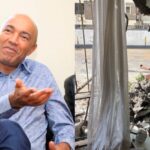


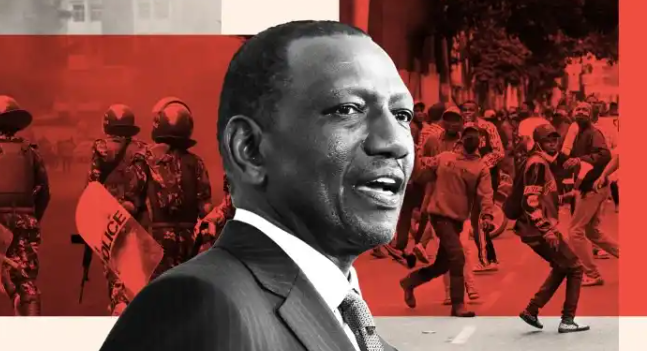


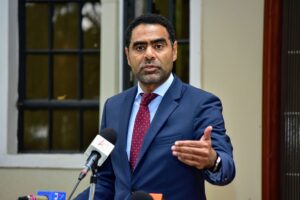



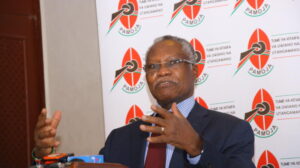





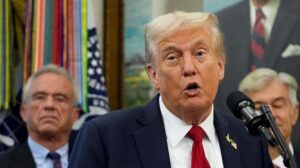
Add Comment